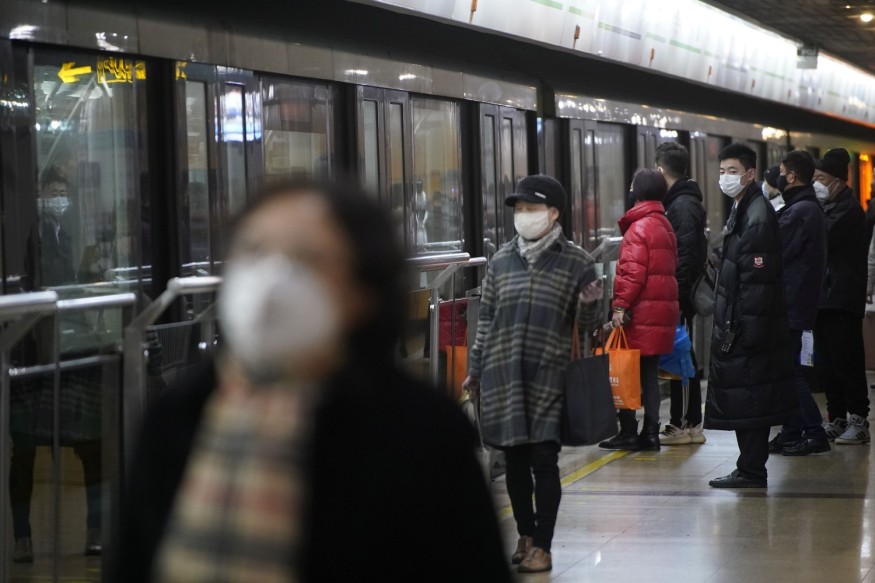
China's transport ministry suspends all transportation services going to and from the central city of Wuhan as the country takes a drastic step to contain a contagious disease that has killed at least 15 people, stricken hundreds, and reached other countries.
The nation-owned People's Daily newspaper posted in its official Twitter account that nobody would be allowed to depart in the city.
The state-owned Xinhua News Agency said no person should be permitted to depart the city without a particular reason.
Train stations and the airport shut down at 10 a.m. local time. Buses, subways, ferries, and long-distance shuttle buses also closed.
The World Health Organization delayed its decision whether or not to claim the outbreak as a worldwide health emergency and requested a professional committee to continue its meeting on Thursday.
WHO Director-General Tedros Adhanom Ghebreyesus said they needed more information about the disease since it's still a "developing" one.
When asked about Wuhan's public transportation shutdown, WHO chief Tedros said authorities were likely performing to save the transmission of disease.
The contamination comes from a newly diagnosed type of coronavirus, a family of viruses that can cause respiratory illnesses and other serious ailments, including the SARS outbreak that spread from China to more than a dozen countries in 2002-2003 and killed about hundreds of human beings.
Some experts have drawn comparisons between the brand new coronavirus and Middle Eastern respiratory syndrome (MERS-CoV) - a coronavirus that spreads easily among humans and is perceived to be carried through animals.
Li Bin, deputy director of the National Health Commission, said there has already been human-to-human transmission and infection of medical workers.
"Evidence has shown that the ailment has been transmitted through the breathing tract, and there is the opportunity of viral mutation," Li said.
Dr. Peter Horby, a professor of emerging infectious diseases at Oxford University, said that there are three rules for the outbreak to be declared an international emergency.
First, the outbreak must be an extraordinary event. Second, there must be a risk of international spread. Third, a globally coordinated response is required.
President Donald Trump, in response to the case in the United States, said the American government has a plan, and he supposed they're going to handle it "very nicely."
Some international locations have stepped up screening measures for vacationers from China, particularly those returning from Wuhan.
Officials said it turned into too early to compare the new virus with SARS or MERS, or Middle East respiratory syndrome, in terms of how lethal it might be. They attributed the spike in new instances to upgrades in detection and monitoring.
"We are still in the method of learning extra about this disorder," Gao Fu, an academician of the Chinese Academy of Sciences and head of the Chinese Center for Disease Control, said at the news conference.
Gao said officers are operating on the assumption that the outbreak resulted from human exposure to wild animals being bought illegally at a grocery store in Wuhan and that the virus is mutating. Mutations can make it spread quicker or make human beings sicker.
One veteran of the SARS outbreak stated that at the same time as there are some similarities inside the new virus - namely its origins in China and the hyperlink to animals - the modern-day outbreak appears tons milder.
The new virus appears risky for older people with different health conditions but doesn't seem as infectious as SARS, according to Dr. David Heymann, who headed WHO's international response to SARS in 2003.
© 2025 NatureWorldNews.com All rights reserved. Do not reproduce without permission.





